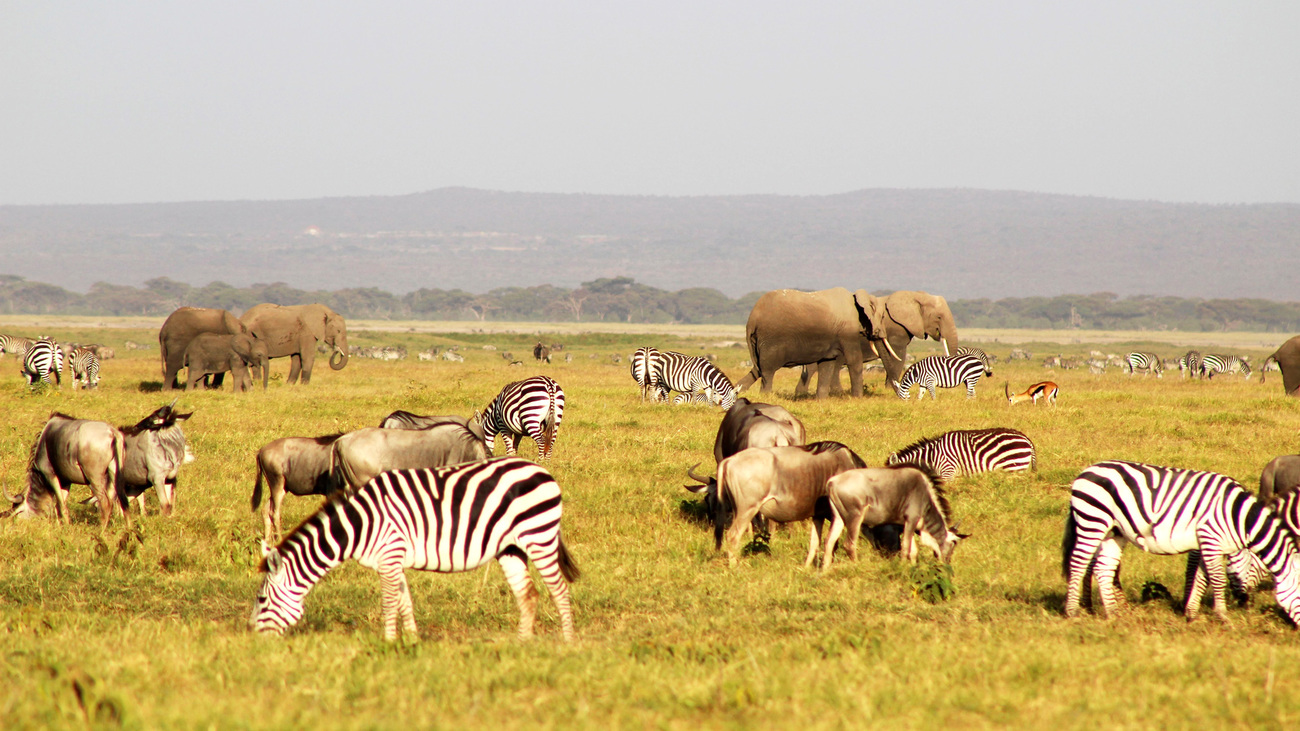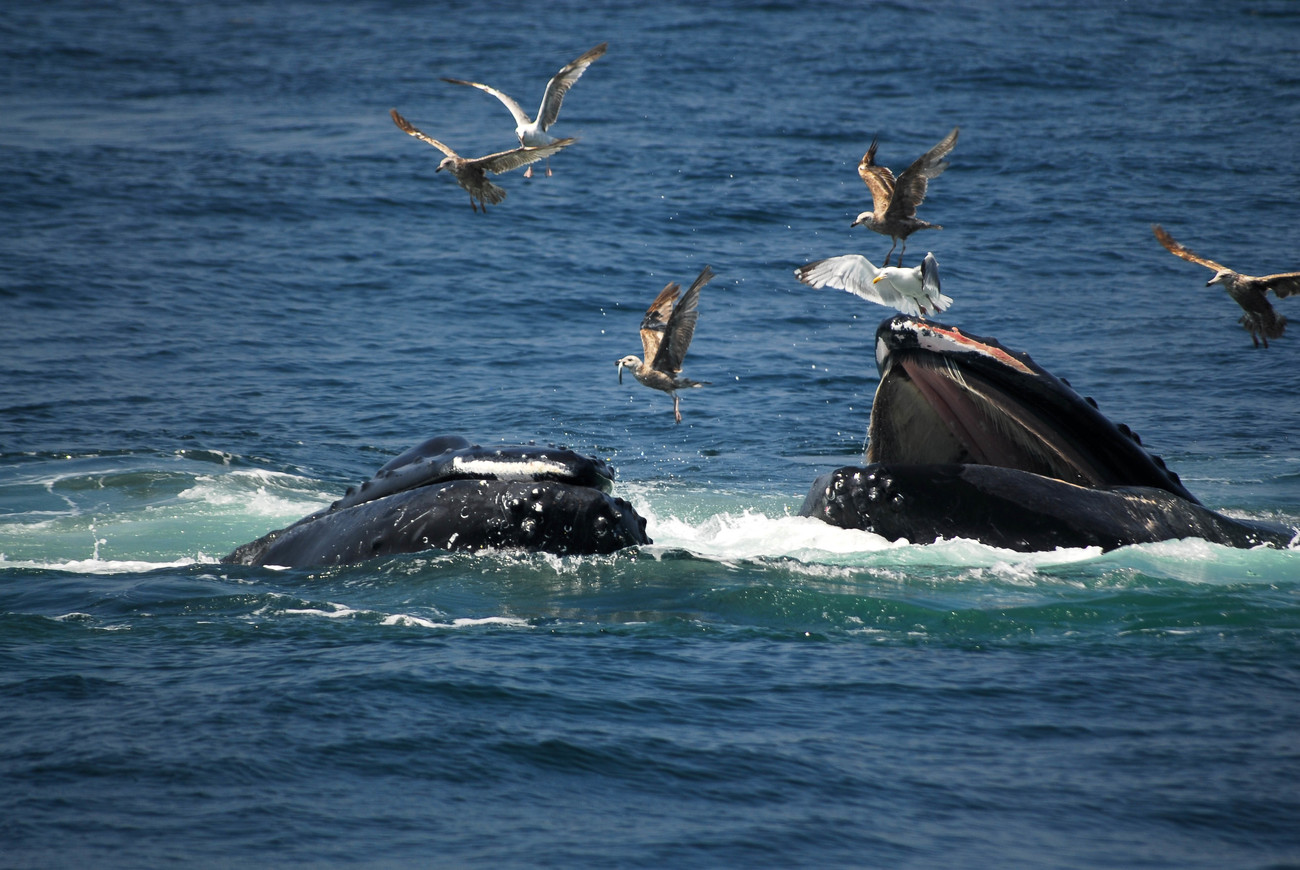four key ifaw priorities for the CBD Global Biodiversity Framework negotiations
four key ifaw priorities for the CBD Global Biodiversity Framework negotiations

This week IFAW takes part in the fourth meeting of the open-ended working group on the Post-2020 Global Biodiversity Framework, hosted by the United Nations (UN) Environment Program in Nairobi, Kenya. The Post-2020 Framework is the driver behind the global call to manage or conserve 30% of the earth by 2030—or what is popularly referred to as “30x30” in policy forums around the world.
Since 1993, parties to the UN Convention on Biological Diversity (CBD) have met regularly to agree on and review the steps they are taking to implement the three objectives of the convention, namely: to conserve biodiversity, to utilise it sustainably, and to ensure the fair and equitable sharing of benefits arising from its use.
Every 10 years, a new Framework is negotiated, with new and increasingly ambitious aims to ensure these objectives are achieved. This June marks the final gathering to negotiate the Post-2020 Global Biodiversity Framework before its adoption at the 15th Convention of the Parties (CoP15) of CBD, already delayed two years due to COVID-19.

ifaw calls on governments to act
Currently, the world is undergoing a biodiversity crisis, with over a million species threatened with extinction in the coming years. IFAW calls on all parties to the convention to act ambitiously during these final negotiations, taking strong and decisive action to manage, conserve and protect our natural resources for the future.
Specifically, IFAW asks governments to:
1. Prevent species extinctions (Goal A)
- We urge governments to commit to improving the integrity and connectivity of ecosystems, and take action to prevent human-induced extinctions of wildlife. Under the Post-2020 Global Biodiversity Framework, a focus on both preventing species extinctions, as well as maintaining an abundance of non-threatened species should be a priority. Waiting until a species is at risk is already much too late.
2. Preserve ecosystem health (Target 3)
- We ask governments to conserve or manage at least 30% of land and sea by 2030. The most significant direct drivers of biodiversity loss are habitat loss and fragmentation (changes in land and sea use) and direct exploitation, with overexploitation being more significant in marine systems. Many drivers of biodiversity loss can be managed through area-based conservation, with protected areas and ‘Other effective based conservation measures’ (those taken by local communities).
3. Eliminate illegal, unsustainable, and risky trade in wildlife (Target 5)
- A major study by IPBES identified overexploitation of species as one of the main drivers of biodiversity loss (the main driver for marine species and the second for terrestrial species). Therefore, it is critical that governments focus on reducing or eliminating overexploitation and on enabling these overexploited species to recover. And at this poignant moment in history, we must address measures to eliminate trade in wildlife that poses a risk of zoonotic spillover to prevent future pandemics.
4. Ensure funding for developing nations to ensure the Framework is implementable
- Urgent and ambitious action requires all countries and affects all countries. Measures to stop biodiversity loss must be bold as well as achievable, taking into consideration those governments at varying levels of financial and technical capacity. IFAW urges all governments to ensure equitable distribution of funds to implement the Post-2020 Global Biodiversity Framework effectively.
As we head to Nairobi this week, we look to this milestone year as a unique opportunity for all 196 parties to collectively take the necessary steps toward a life in harmony with nature.
Just one week later, the G7 Summit will bring together global leaders on priorities of biodiversity and sustainable development as well. There’s no point in history where these discussions have been more important.
Related content
Every problem has a solution, every solution needs support.
The problems we face are urgent, complicated, and resistant to change. Real solutions demand creativity, hard work, and involvement from people like you.